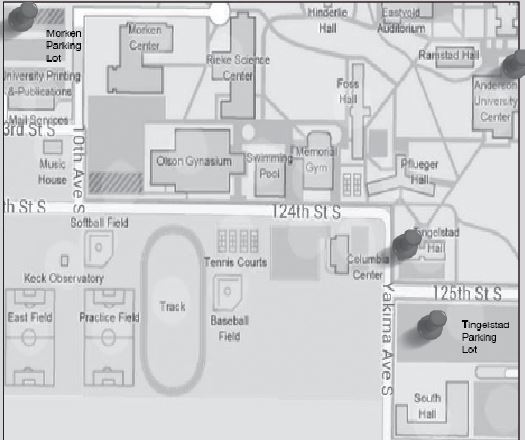A hot June night in 1969. The Stonewall Inn, a gay bar in New York City, was not expecting a police raid. Six officers from the New York Police Department suddenly stopped the party — the lights came on and IDs went up for checks. While this was happening, a crowd began to gather outside of the bar.
The situation escalated when a lesbian customer of Stonewall Inn resisted arrest, leading to increased force by the police officers. Soon after, people started throwing pennies and small burning debris; eventually, the crowd took over, and the six officers were forced to barricade themselves inside of the bar. The tensions were high. Right before the
crowd broke back into the bar, more police cars arrived. But even with more equal forces, the crowd of gays, lesbians, and drag queens, didn’t think of backing off.
The uprising had begun. It was not the first and, unfortunately, not the last police raid on a gay bar in the 1960s. There were no direct casualties, and around 13 queer people from the bar were arrested. The Stonewall Uprising marked a pivotal moment in the American gay rights movement.
Now, 56 years later, America is faced with executive orders declaring the existence of two genders based on two biological sexes. The rights gained by the LGBT+ community since the Stonewall Uprising, are now being revoked by the actions of President Trump. Rights of transgender people of color, key participants in the Stonewall Uprising, are under a double attack: their gender identity is being erased by the Federal Government, and their country is turning over Diversity, Equity & Inclusion (DEI) initiatives.
“Defending Women from Gender Ideology Extremism and Restoring Biological Truth to the
Federal Government” and “Ending Radical And Wasteful Government DEI Programs And Preferencing,” both signed by President Trump on January 20, are the executive orders in question. The exact way they will affect the progress of LGBTQ+ rights movement remains unclear.
Associate Professor of Political Science Michael Artime agrees that the situation is more than worrisome. However, Artime also explained that there is a system of checks and bal-ances for executive orders: Congress can pass new laws that prevent them, or courts can rule executive orders unlawful or unconstitutional.
Artime admitted that there is not a lot of information on how those executive orders can or will impact the nation or private entities like PLU. He shared, “I worry a lot about the
language about DEI in this country. There is a lot of rhetoric that seems to imply that People of Color, when they are in these positions, have been simply hired because of the color of their skin. I think that’s uniquely offensive.”
Chair of Gender, Sexuality, and Race Studies Jenny James commented on the executive orders: “Beyond the legal implications, the EOs feel hateful and aggressive.” James added that while “this is a scarier moment” than the previous Trump administration, it’s important
to remember that “trans folks have cultivated strategies of resistance for centuries and have tools to fight against hate and disenfranchisement. As allies, we should follow their lead, while also speaking out against this administration’s violent rhetoric.”
James brought up that executive orders, while targeted at specific demographics, have the potential to impact the lives of many on different levels. One repercussion is that anti-trans and anti-DEI laws are concentrating power in the hands of white cisgender men. James added, “I think the Executive Orders reflect Christian Nationalist efforts to fight back against gender equity and [promote] going back to traditional family values, as outlined in Project 2025.”
Both James and Artime confirmed that as far as their knowledge goes, PLU values haven’t changed in these last handful of months. James recommended following Chase Strangio, a nationally recognized expert on transgender rights, and Dean Spade, lawyer, writer, and trans activist, to stay informed and educated.
On February 24, 2025, all PLU students received an email from the Student Life Office conveying a similar message of following through with PLU values. The email also clarified, “If you hear nothing about a particular issue, it means there is nothing to communicate – which could mean the issue is still being resolved in the courts or that it is not relevant to PLU (given our location in Washington state, our identity as a private university, or many other reasons).” The Student Life Office also announced the creation of a Federal
Policy Group consisting of six PLU staff members and professors.
Even though the people in power are reversing progress made over the past 56 years, James emphasized that more than ever, we need to look “for ways that we can create practical means of support… and be in a community with each other.”

















